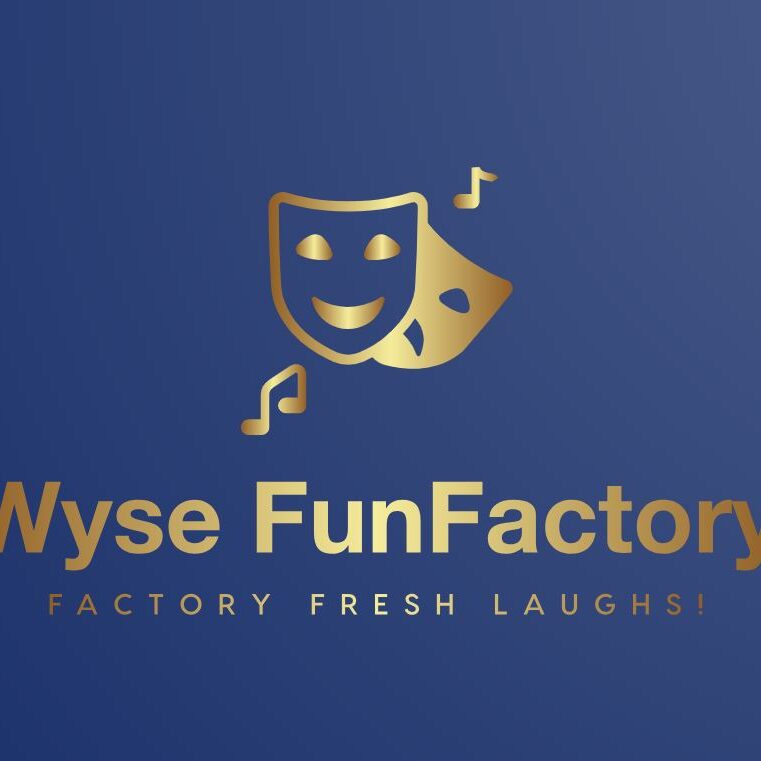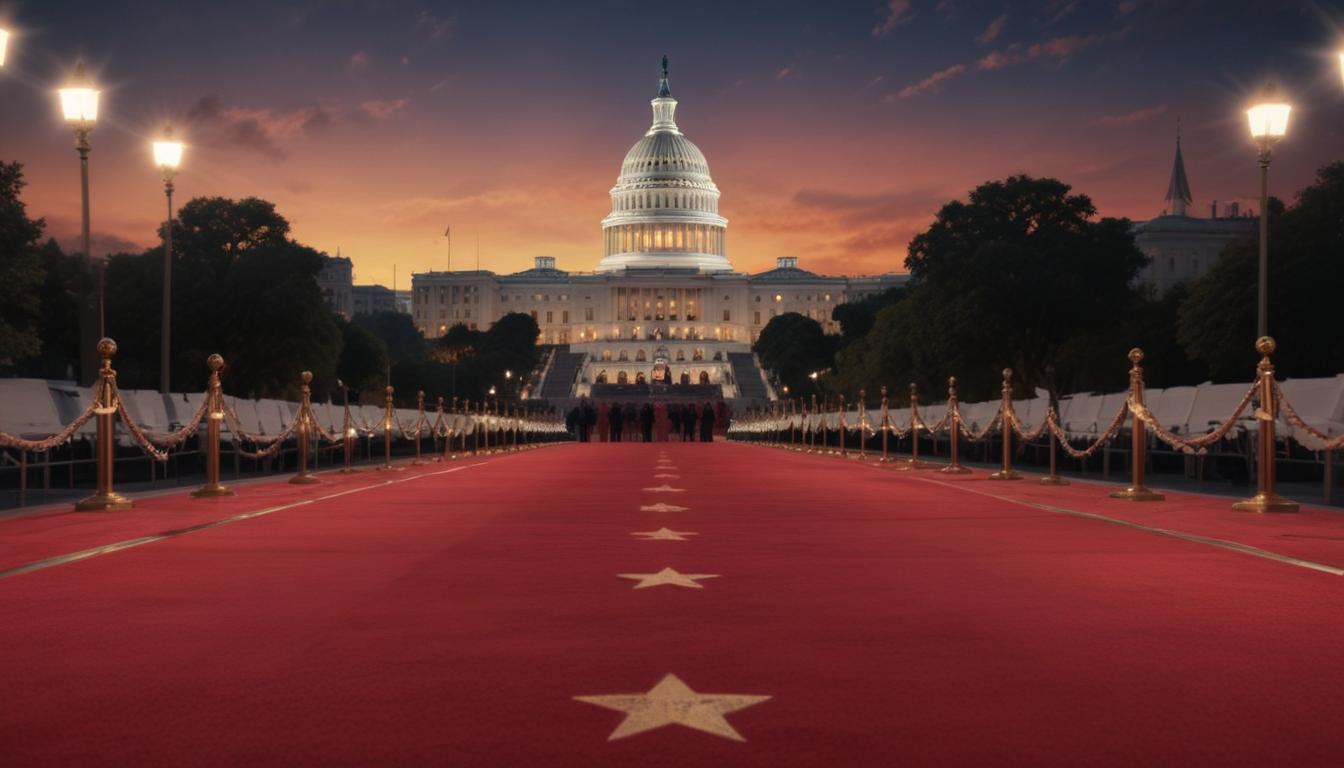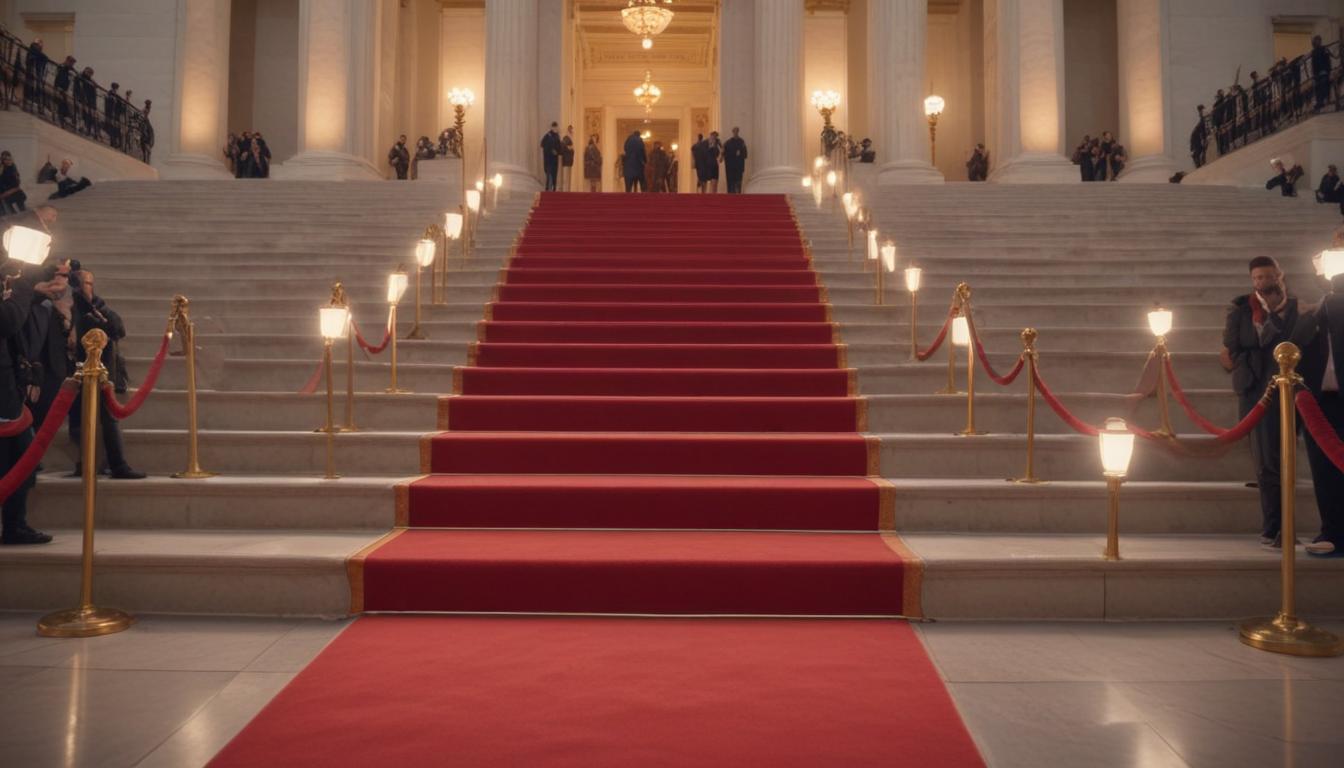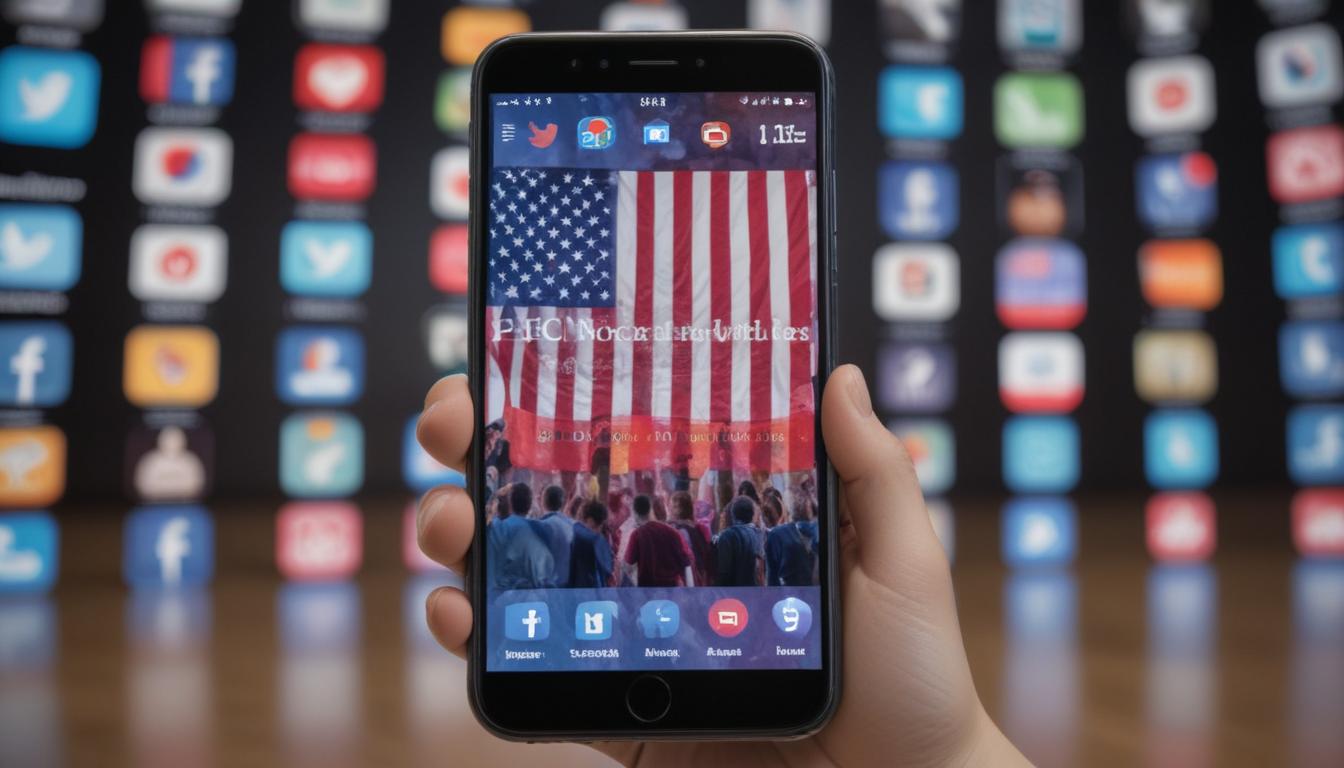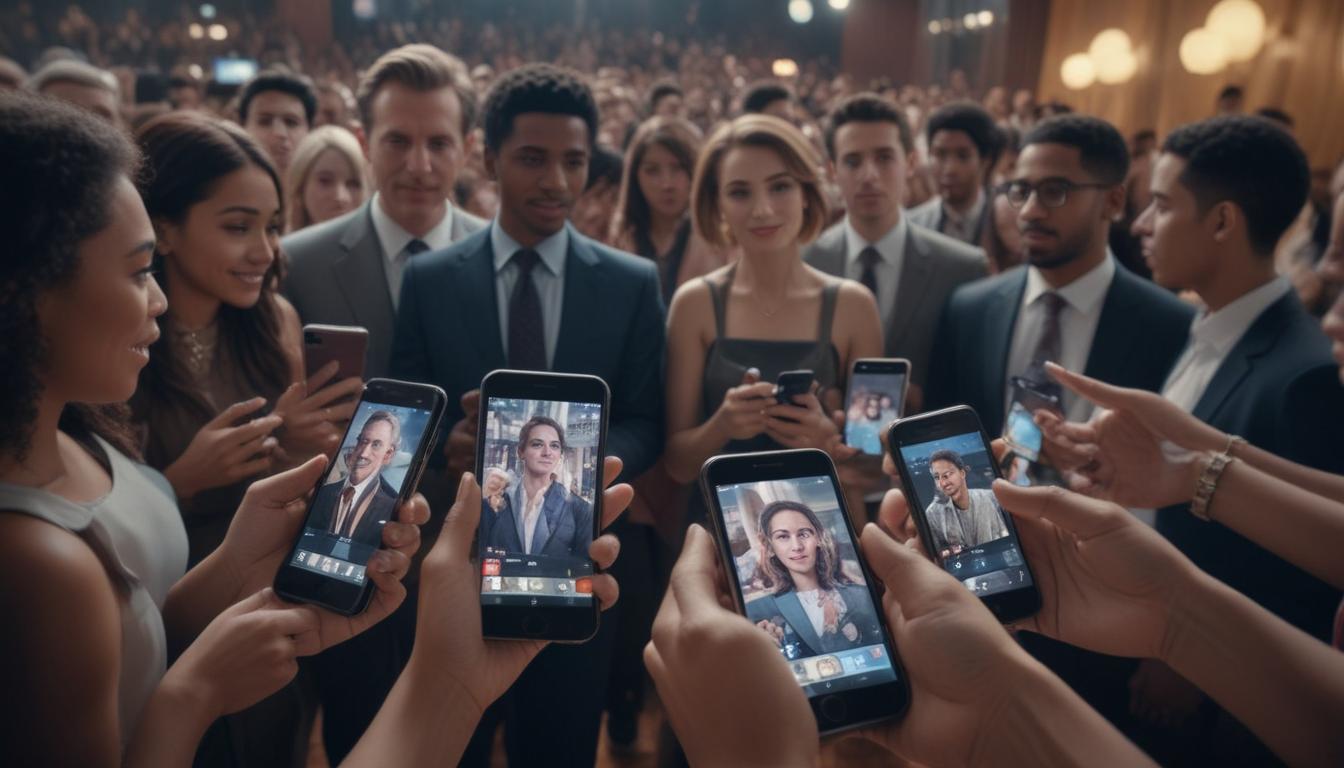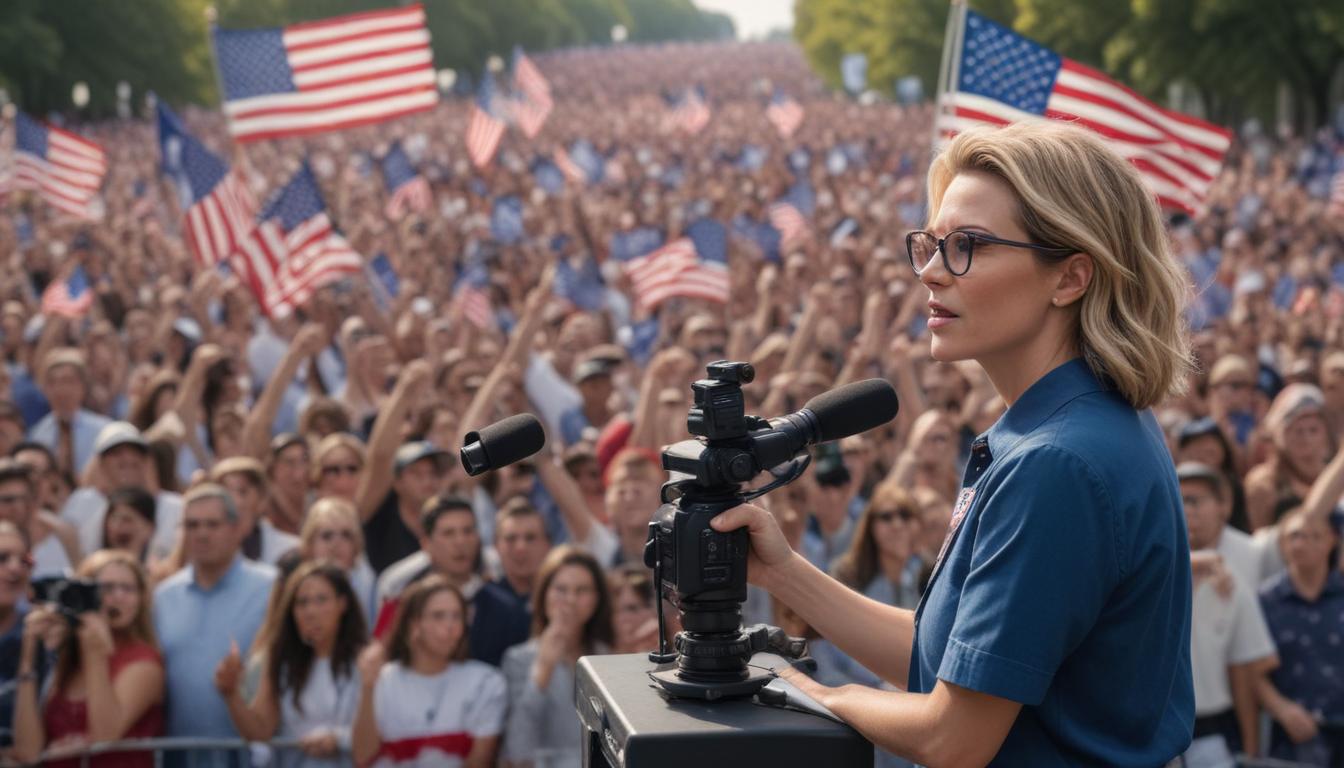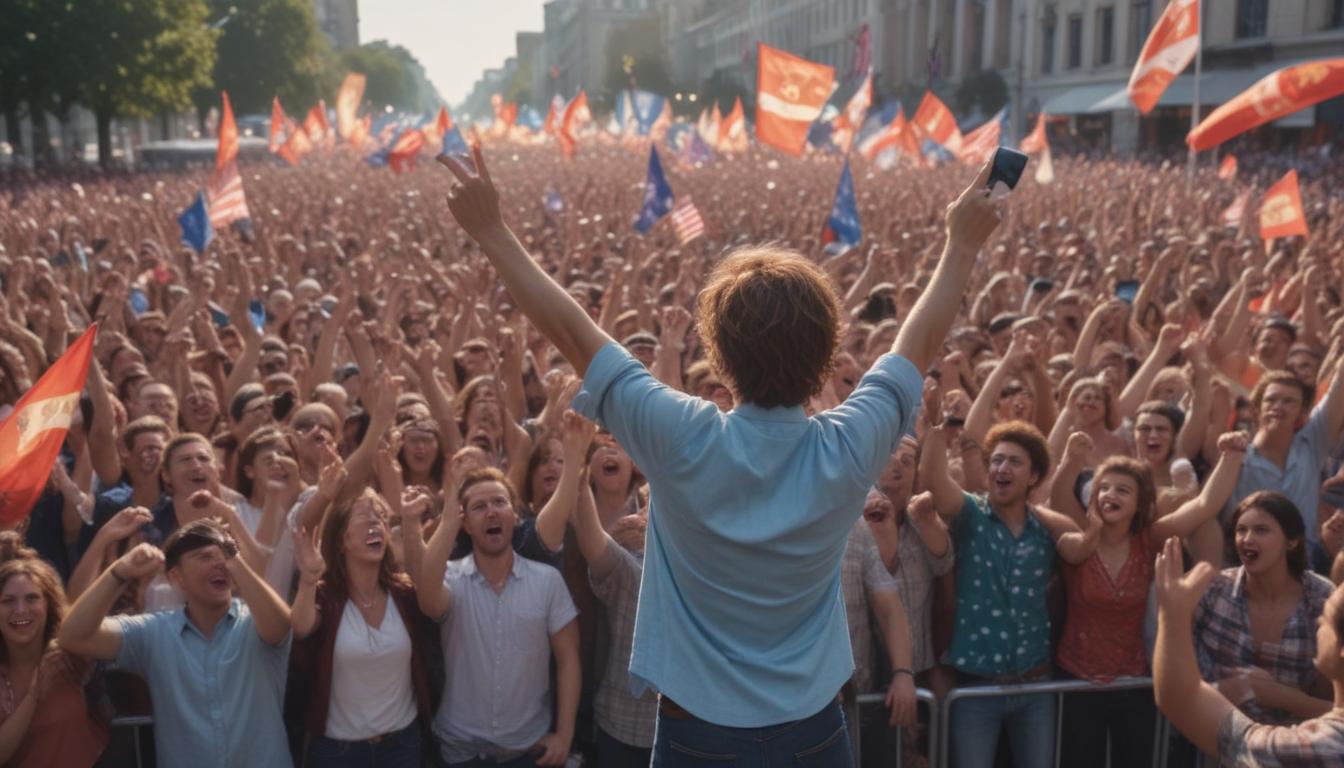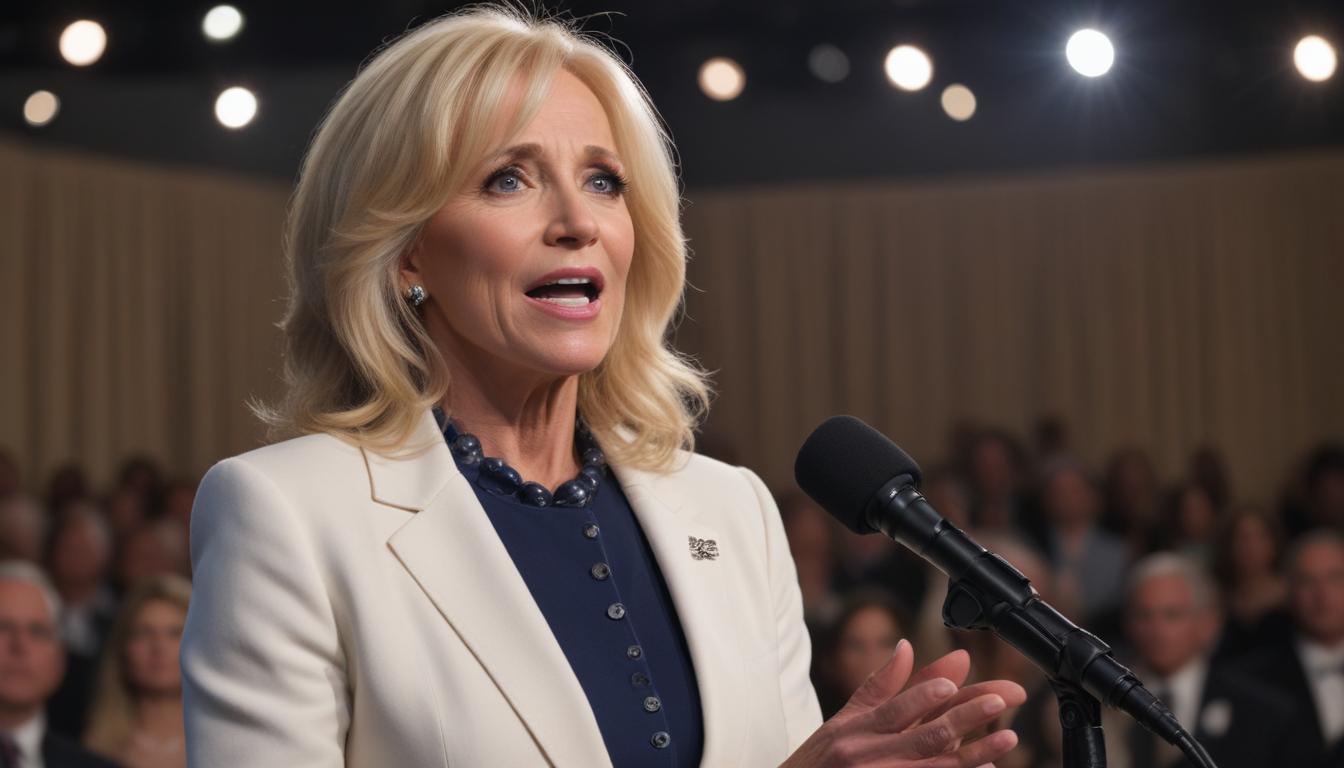When Entertainment Meets Politics: How Hollywood Shapes American Political Dialogue
The Power of Celebrity in Politics
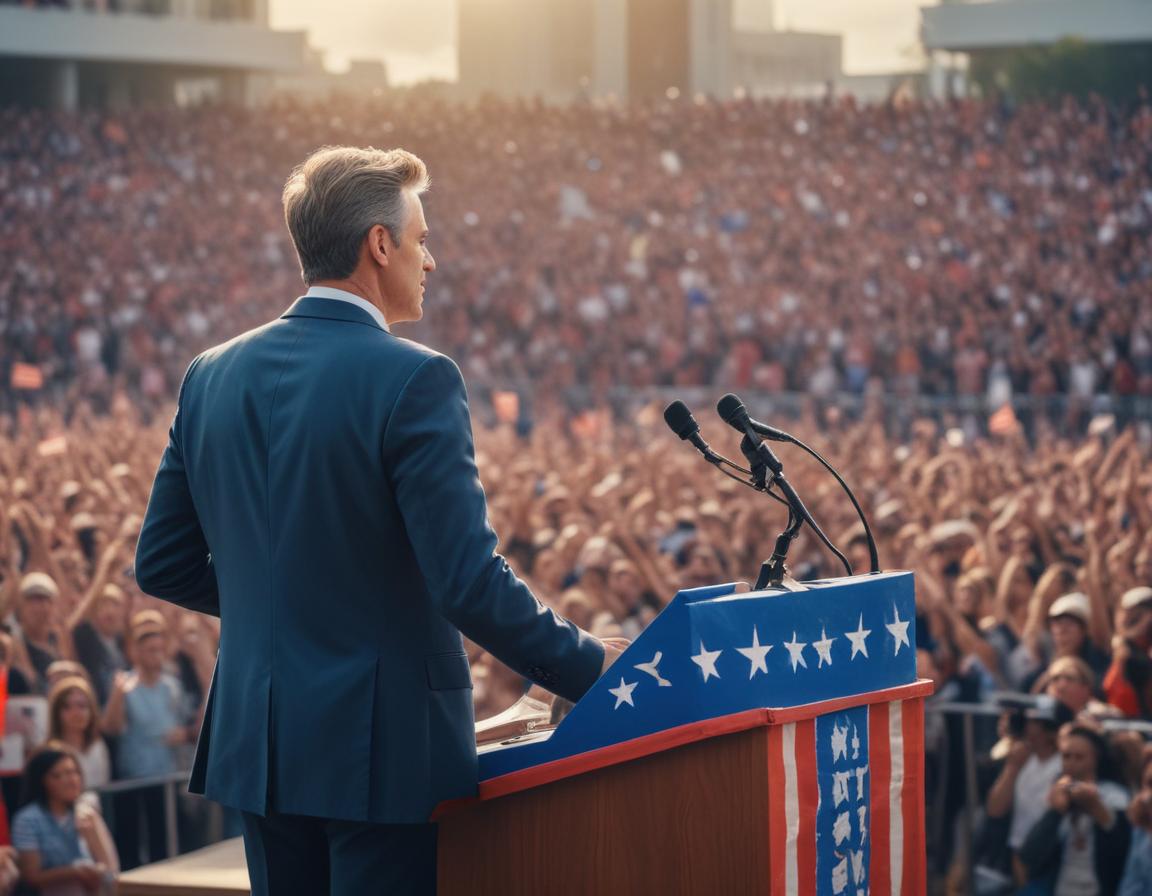
In American society, celebrities occupy a unique position of influence, transcending their traditional artistic roles. Over the years, we’ve seen notable figures step into the political arena, using their fame and platform to shape public discourse.
Take, for example, the enduring power of Oprah Winfrey, whose advocacy for social issues has been both inspirational and transformative. Or consider Arnold Schwarzenegger, who seamlessly transitioned from action star to Governor of California, blurring the lines between celebrity and political status.
Beyond elections, celebrities have also championed critical social issues such as:
- Climate Change: Leonardo DiCaprio has been a vocal advocate for environmental conservation.
- Racial Equality: Stars like Beyoncé have used their platforms to spotlight issues of systemic inequality.
- Mental Health Awareness: Celebrities, including Dwayne “The Rock” Johnson, have openly shared their struggles to reduce stigma.
Their immense reach helps mobilize fans and followers, turning awareness into action. But not everyone agrees with the role of celebrities in politics. Critics argue their involvement can sometimes turn serious debates into flashy, headline-grabbing spectacles. Yet, in the age of social media and global connectivity, few can deny the undeniable clout celebrities wield.
Hollywood’s Portrayal of Politics
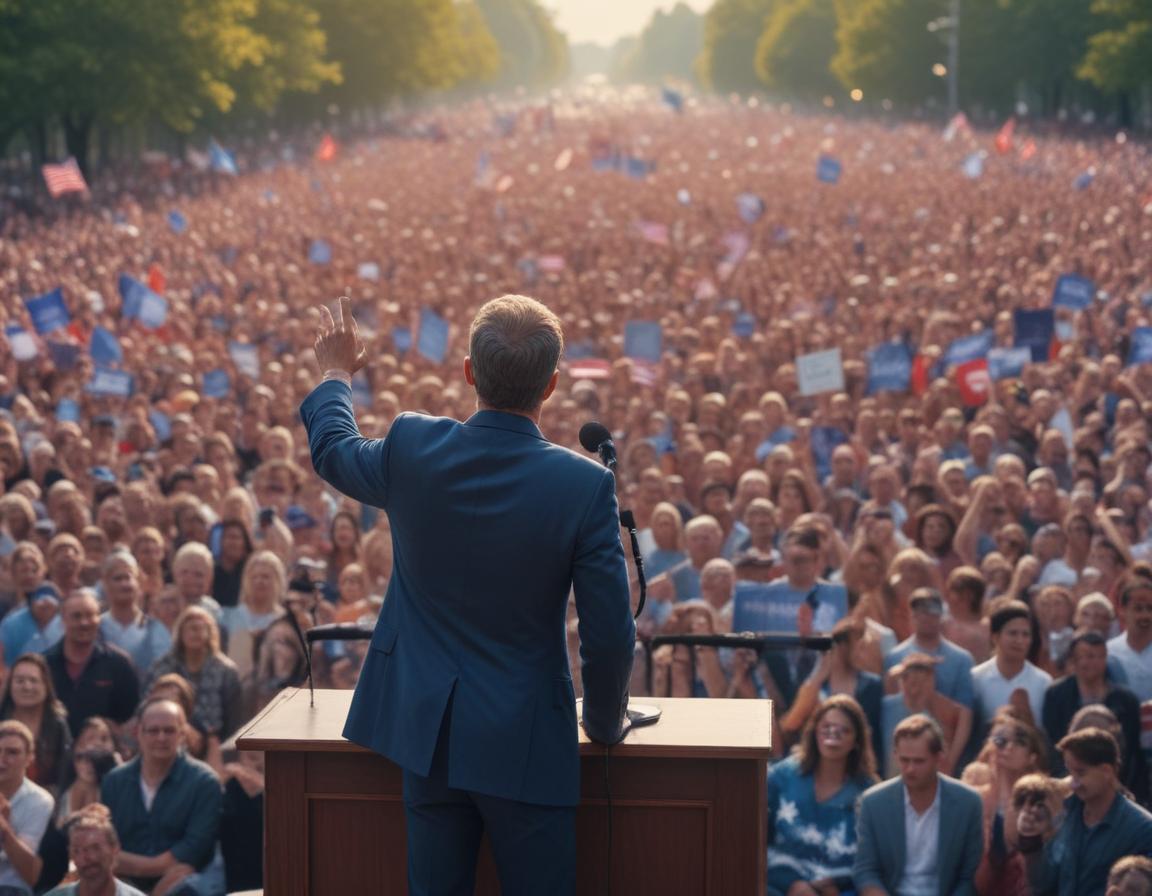
Hollywood serves as a mirror and magnifying glass for American politics, blending drama and realism to reshape how politics is perceived by the public. Shows like The West Wing showcase an idealistic side of governance where diplomacy and accountability take center stage. On the flip side, series like House of Cards delve deep into the more cynical aspects of power and manipulation.
Historical films—take Lincoln or Selma, for instance—dive into pivotal moments in U.S. history, offering thought-provoking insights into the nation’s democratic struggles and triumphs. These portrayals not only entertain but also shape audience expectations of real-world leadership and decision-making.
However, Hollywood’s treatment of politics can be a double-edged sword. While it raises awareness, it occasionally oversimplifies or dramatizes, leaving viewers with heightened expectations or misconceptions about political realities. Still, Hollywood remains a compelling storyteller of America’s ever-evolving democracy.
Social Media Amplification
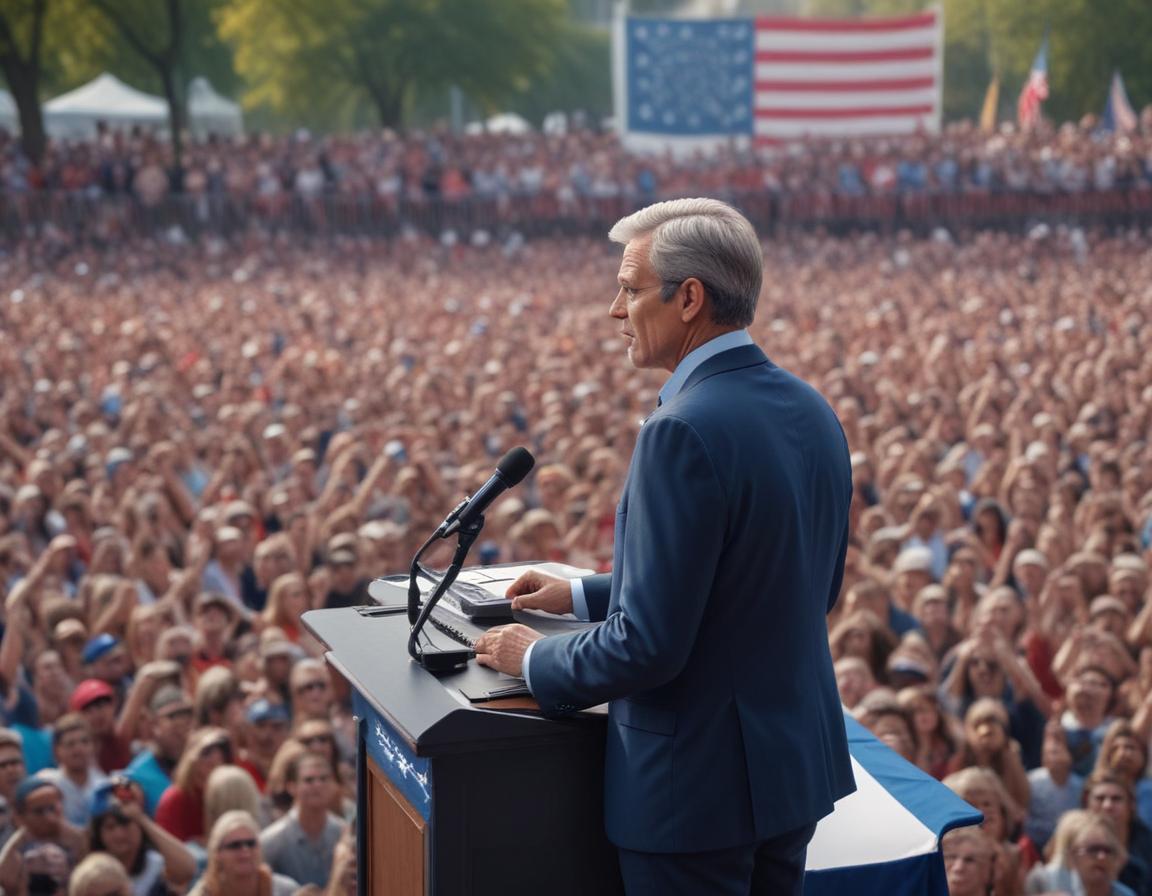
Gone are the days when television dominated political narratives. Enter social media platforms, where Twitter, Instagram, and Facebook now thrive as influential tools for both entertainment and political engagement.
Activist campaigns like #MeToo and #BlackLivesMatter were supercharged by these platforms, showcasing how online entertainment blends with social justice movements. Influencers not only leverage personal stories but also rally vast networks of followers to further societal causes. Their creative methods of spreading awareness often blur storytelling with advocacy.
Even politicians are tapping into this digital phenomenon, adopting informal, “entertainment-like” personas to connect with younger voters. From relatable memes to TikTok dances, politics has adapted to fit the entertainment molds of modern media.
However, this digital revolution is not without its flaws. Challenges like misinformation and political polarization are significant concerns. As viewers scroll through endless posts and reels, the need for media literacy and conscious content consumption becomes paramount.
Navigating Controversies and Partisan Divides
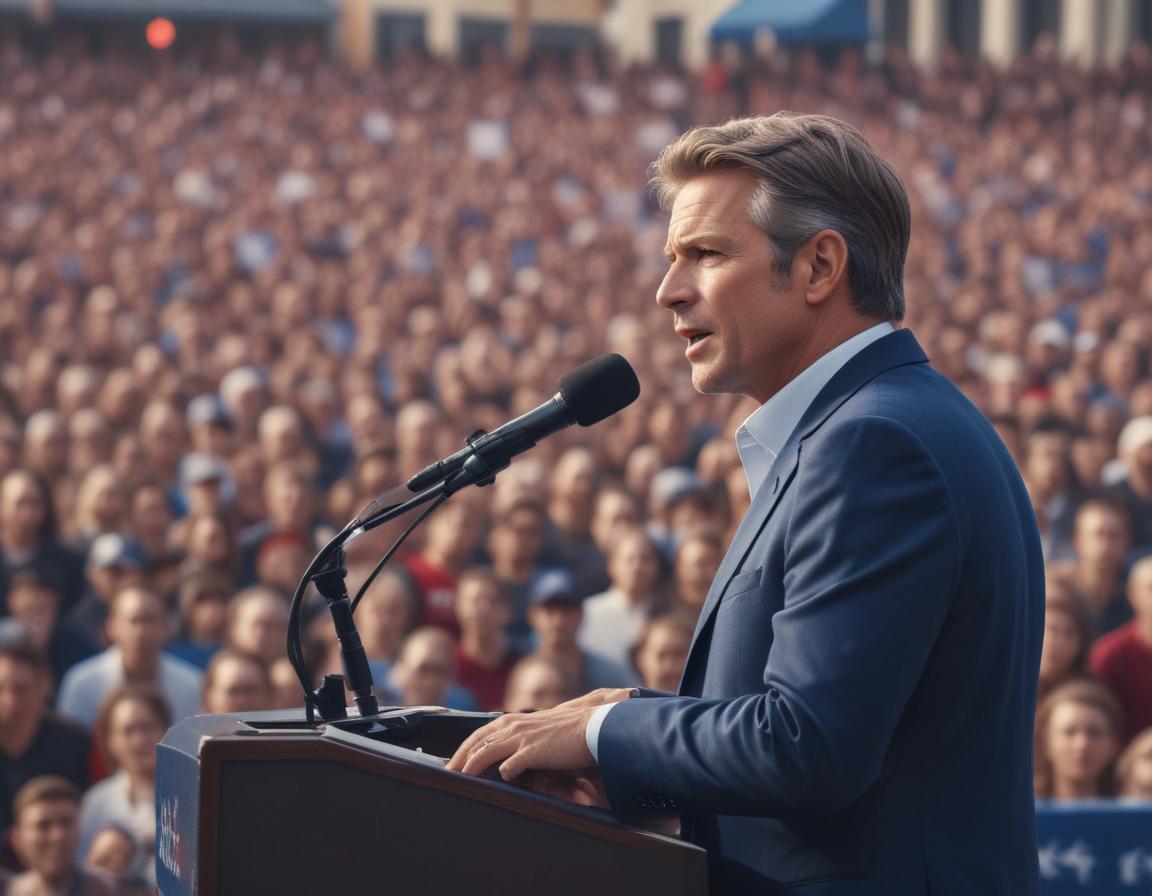
The intersection of entertainment and politics is not without its share of controversy. Celebrities who express political stances often find themselves both celebrated and criticized. For example, while some see them as courageous advocates for justice, others argue they represent an out-of-touch elite.
Additionally, “cancel culture” has emerged as a powerful—and polarizing—force. The reexamination of past works and statements often leads to heated debates about accountability versus censorship. One prominent example is Hollywood’s reassessment of politically incorrect tropes in films, paving the way for new standards of inclusivity and sensitivity.
Despite these challenges, one thing remains clear: open dialogue is more important than ever. America’s evolving identity continues to balance creativity, free expression, and accountability in a highly polarized entertainment landscape.
“`
